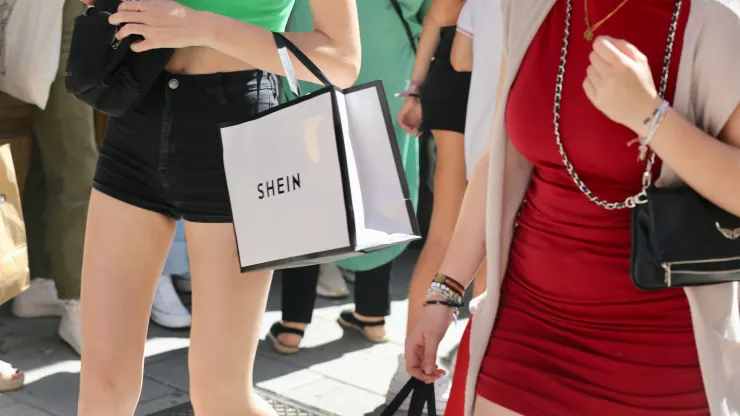State officials want Shein to prove it doesn’t use forced labor

Before it files for a widely rumored initial public offering, fast-fashion juggernaut Shein will have to prove it doesn’t use forced labor, according to elected officials in the U.S.
The attorneys general of 16 states sent SEC Chair Gary Gensler a letter last week asking the agency to ensure Shein and other foreign companies comply with U.S. law before they’re permitted to trade.
It appears that SHEIN will launch an IPO before the end of this year. The missive, written by Montana’s Attorney General Austin Knudsen and signed by 15 other Republican attorney generals, stated, “An IPO of this magnitude—involving a foreign-owned firm facing serious concerns about its core business practices—cannot be conducted on self-certification alone.”
“We urge you to require, as a condition of being listed on a U.S. based securities exchange, that any foreign-owned company certify via an independent process that it is compliant with Section 307 of the Tariff Act of 1930, which prohibits the importation of products made wholly or partly by forced labor.
Forever 21’s parent company Sparc Group announced Thursday that it was taking a stake in the company.
Rumors swirl that Shein is preparing to go public, allegedly using forced labor from the Xinjiang region in China. In spite of the company’s large presence in China, where it was founded, U.S. law prohibits imports from Xinjiang due to widespread human rights violations against Uyghurs.
Shein is also being investigated by the House Select Committee on the Chinese Communist Party for evading U.S. tariff laws. In recent years, lawmakers from both parties have increasingly scrutinized companies from China or those with potential ties to its government.
Bloomberg reported last year, citing independent testing, that some Shein clothes were made with cotton from Xinjiang.
As a result of the report, Shein has faced enormous backlash. For the retailer to expand its presence in the U.S. and go public, it must overcome the accusations.
Shein and its executives rarely spoke publicly at the time of the Bloomberg report. As a result, it has become more open to the press, and has acknowledged that some of its cotton supply comes from Xinjiang.
